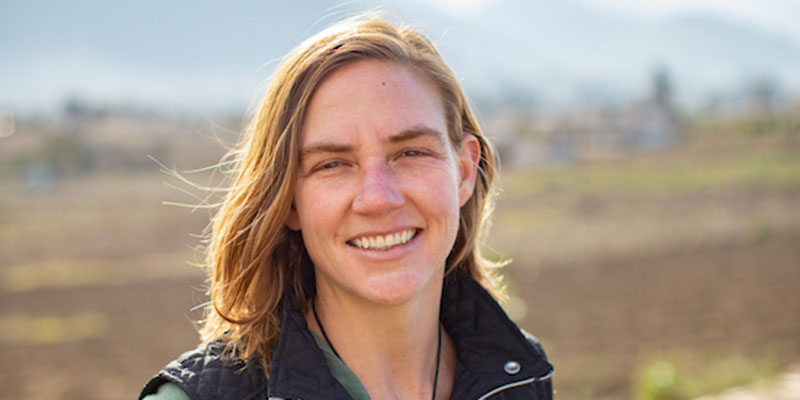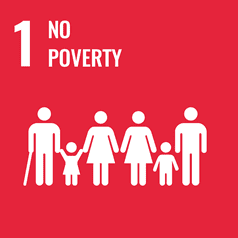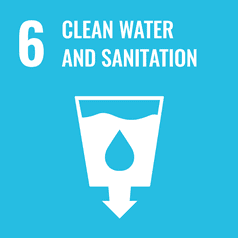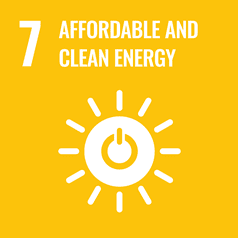Monika Goforth
2021 International Leadership Award
Master of Social Change and Development 2011
Executive Director, Appropriate Technology Collaborative

Inspired to disrupt the system perpetuating global inequality, Monika Goforth has dedicated her life to finding and promoting innovative, real-world solutions to break the cycle of poverty and underdevelopment. As Executive Director of the Appropriate Technology Collaborative (ATC), Monika has worked with rural communities in Guatemala since 2014, partnering with local leaders to design and implement innovative green technology projects. Her work has included empowering grassroots organizations, installing solar power on 19 schools and community centres, and implementing green technology solutions to assist local
amaranth, honey and fish farmers.
The success of these projects and an expanded local network inspired a group of Guatemalan change agents to found Poder y Luz Maya ONG, a community-based non-profit whose mission promotes community development with social entrepreneurship and renewable, appropriate technologies to fortify local economies with social and environmental impacts.
“My work is all about addressing global poverty in a local way,” said Monika. “By creating a model where local citizens can educate each other we’re able to provide solutions that overcome the obstacles to development and address the foundational causes of poverty, such as environmental destruction, and access to water and energy sources.
“We collaborate with grassroots community organisations to bring electricity and clean water to households and schools. We enable economic participation by bringing computer programs to students who wouldn’t otherwise have the opportunity to learn to type, and therefore would be blocked from secondary school, university, and professional jobs. And at that same school, we can bring clean water to the students and educate mothers about water purification,” said Monika.
“We're also promoting solar power solutions to bring energy to isolated communities that have not had opportunities to develop and access education, information, and communications. Solar power is one of those pivotal new technologies that can both protect the environment and serve people who live in poverty.”
The perspective Monika gained through her education at the University of Newcastle has equipped her with the tools needed to address macro global issues with local leaders taking direct action. “It has always concerned me that the majority of the world’s population is living in poverty and we're allowing a system like this to continue. What I learned at the University of Newcastle was about that system and how difficult it is to shift it. That’s why I've been focusing on grassroots development that empowers
people to find local solutions.”
Early in her career, Monika volunteered for a range of non-profit organisations around the world including the American Civil Liberties Union, Canadian Physicians for Aid and Relief in Ethiopia, the Carter Centre Field Office in Jamaica, IPODERAC Boys Home in Mexico and the Spanish Commission for Refugee Assistance in Spain.
“It's really validating and encouraging to be able to bring academia into the field and bring the ideas and theories that we've been studying and put it into practice with innovative and experimental projects on the ground. I hope that my work inspires more communities worldwide to address local problems with local solutions with an environmental angle.”
The University of Newcastle acknowledges the traditional custodians of the lands within our footprint areas: Awabakal, Darkinjung, Biripai, Worimi, Wonnarua, and Eora Nations. We also pay respect to the wisdom of our Elders past and present.




